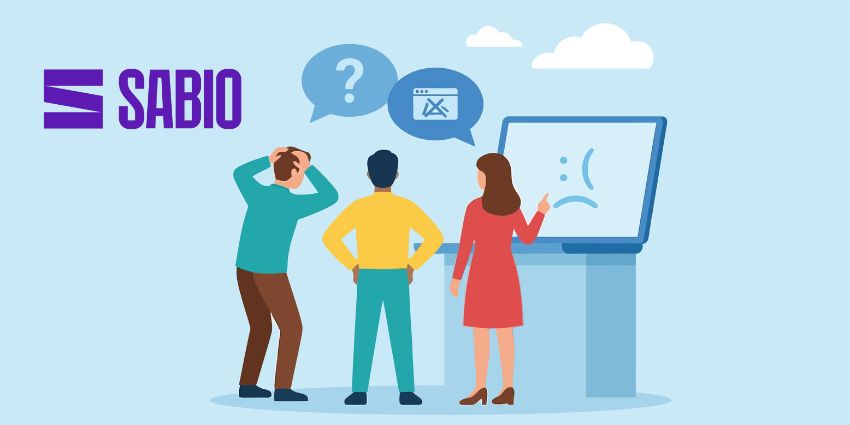A Gartner study has revealed that 60 percent of customer service agents fail to champion self-service channels.
The research firm surveyed almost 6000 customers, who reported that when agents do mention self-service, 25 percent of their comments are neutral.
More worrying still, the research found that 12 percent of agents actually make “explicitly negative remarks.”
This is especially concerning for contact centers looking to invest in and grow their self-service offerings, as Gartner reports that customers are twice as likely to use self-service in the future if an agent promotes it during an interaction.
When discussing the findings, Keith McIntosh, Senior Principal of Research in the Gartner Customer Service and Support Practice, highlighted some of the benefits of self-service for businesses and customers.
“Promoting self-service is not just about reducing costs; it’s about empowering customers to use the easiest and most efficient solution,” he said.
Agents play a crucial role in this process, and their ability to positively endorse self-service options can really matter.
The findings and McIntosh’s comments underscore the importance of training agents to clearly explain the benefits of self-service tools.
But why exactly are agents currently failing to promote self-service?
Is Self-Service Still Struggling to Deliver?
There are many reasons that agents might refrain from recommending self-service channels.
The high workloads and rise in agent burnout have been well documented, as have agent concerns about AI-powered solutions replacing them.
However, the main reason might be more practical: current self-service channels simply aren’t up to scratch.
A separate Gartner survey from last summer found that only 14 percent of customer service issues are fully resolved through self-service channels.
Even for “very simple” problems, self-service success rates only reach 36 percent, highlighting a significant gap in effectiveness.
These findings suggest that current self-service tools are inefficient at resolving queries, a far cry from the time-saving, agent-workload-reducing solutions they proport to be.
While Gartner does not provide any information on this, it is not difficult to imagine scenarios where agents are having to deal with customers following a frustrating experience with a self-service channel, making the interaction more difficult and the agent less likely to recommend self-service to future customers.
The shortcomings of self-service come further into view when compared to phone channels.
Gartner made this point, as the research firm suggested that positive phone experiences may disincentivize customers from using self-service tools.
Indeed, only 35 percent of customers who last used the phone for support say they’d be willing to adopt self-service solutions.
With the phone still the leading service channel, its reliability and comfort may be hindering GenAI and self-service adoption.
In order to encourage customers and agents to better embrace self-service, McIntosh believes that service leaders “should focus on integrating GenAI solutions that complement existing phone interactions rather than replacing them.
“By positioning GenAI as an enhancement to the phone experience, organizations can reassure customers that the digital assistant is designed to streamline their journey, offering both self-service solutions and seamless transitions to human agents when needed.
Meeting customers where they are, while offering innovative solutions, is key to driving adoption and satisfaction.
Vendors Continue to Champion Self-Service
Despite the clear disconnect between customers, agents, and self-service, vendors continue investing heavily in the tech.
Earlier this month at Customer Contact Week 2025, Salesforce unveiled its new agentic self-service solution.
Integrated into Service Cloud, the tool leverages Agentforce – Salesforce’s AI agent platform – to deliver faster, more personalized support through a real-time customer portal.
On its release, Salesforce promised “a new era for self-service”, which could eradicate many of the issues isolated above, if the new era comes to fruition. However, that’s a big “if”.
For more insights from leading thinkers across the customer experience space, subscribe to the CX Today newsletter.







